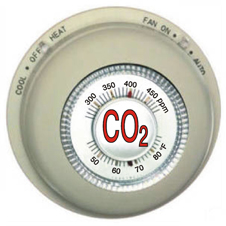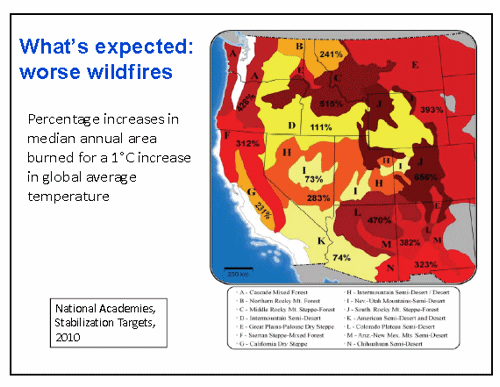Unfortunately, the world needs to take firm action about the threat of manmade climate change within the next decade…. Realistically, there may be no chance to educate the general public in depth about the science so quickly. Meanwhile, a well-funded and effective professional disinformation campaign has been successful in sowing confusion, and many people mistakenly think climate change science is unreliable or is controversial within the expert community. Thus, the more urgent task for us scientists may well be to give the public guidelines for recognizing and rejecting junk science and disinformation. If students today, who will be adults tomorrow, can understand and apply these guidelines, they may not need a detailed knowledge of climate change science. To that end, I offer the following six principles.
Climatologist Richard C. J. Somerville is Distinguished Professor Emeritus at Scripps Institution of Oceanography. Although I did my thesis research at Scripps, we’ve never formally met.
Somerville helped organize the must-read 2007 Bali Climate Declaration, in which more than 200 of the world’s leading climate scientist explained why we must limit total warming to no more than 2°C.
He sent me a new essay published online with open access in Climatic Change, “How much should the public know about climate science?“ He notes that recent research shows “global emissions of greenhouse gases must peak and decline within the next decade if global warming is to be limited to a level that avoids severe climate disruption” (see figure below).
Given the success of the most effective, immoral, and self-destructive disinformation campaign in US history, scientists need to focus their messaging on a handful of key points. Somerville offers six:


 State Rep. John Loughlin, the Republican candidate for Rhode Island’s First Congressional District, is part of the radical anti-science, pro-pollution movement that is a core plank of Tea Party ideology. Brad Johnson has
State Rep. John Loughlin, the Republican candidate for Rhode Island’s First Congressional District, is part of the radical anti-science, pro-pollution movement that is a core plank of Tea Party ideology. Brad Johnson has 







 NASA’s Goddard Institute for Space Studies has posted three articles on their website explaining two important new studies, “
NASA’s Goddard Institute for Space Studies has posted three articles on their website explaining two important new studies, “




 In a front-page
In a front-page 

 RSS
RSS Subscribe by Email
Subscribe by Email Follow Climate Progress on Twitter
Follow Climate Progress on Twitter

